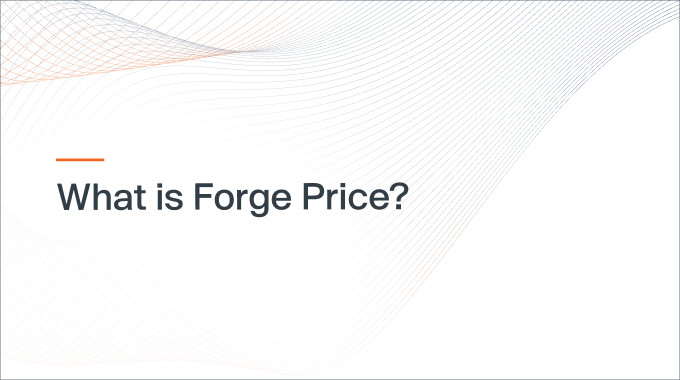What is the private market vs. the public market?
What’s in a name? For investors, the differences between the public market and private market aren’t just a matter of word choice. Public and private markets also diverge in areas like the types of companies within each market, the types of investors who typically participate in each market, and regulation.
To define them, it helps to compare the public market vs. private market.
Put simply, the private market includes companies that are privately traded, meaning that in the U.S., these companies’ securities (for example, their stock) are not registered with the Securities and Exchange Commission (SEC). Because they’re private, only certain people can invest in these companies — often those with certain financial and/or professional qualifications.
Think of how a hot startup typically has a select group of shareholders, like the founders, early employees, and venture capital funds that participated in funding rounds. Generally, you can’t buy stocks of these companies through a typical brokerage.
In contrast, the public market includes companies that are publicly traded, meaning that generally anyone can buy and sell shares of these businesses. A company “going public” via SEC registration Public companies also have its increased public disclosure requirements from regulatory bodies like the SEC and stock exchanges, so there’s more transparency on their financial performance, compared with private companies which aren’t required to provide as much disclosure.
Another distinction that’s important to note: while the private market and public market differ, both involve the private sector. The terminology can be a bit confusing, but the public sector generally means government organizations, whereas the private sector generally means for-profit businesses. So a publicly traded company still involves a private sector business, it’s just open to the public for investing purposes.
Investing in the private market vs. public market
When you think of investing, your mind might jump to the public market, as that encompasses well-known stock exchanges like the New York Stock Exchange and Nasdaq. A publicly traded company that has shares listed on an exchange like those can typically be quickly bought and sold by ordinary, individual investors.
But private stock markets also exist in the sense that secondary marketplaces like Forge can bring together buyers and sellers of private equity. A private stock market generally won’t be as transparent as a public stock market, but there can be other benefits to private market investing.
For one, you might be able to invest in a startup early, before it becomes a well-known, actively traded name. And there could be potential for large upside if a private company grows and eventually goes public via an initial public offering (IPO), SPAC (special purpose acquisition company) transaction, or direct listing.
Plus, some investors see private equity as a good investment opportunity due to the potential for diversification. Public equity and private equity are often considered different asset classes, as they can be affected by different factors.
For example, a public company might have relatively strong financial fundamentals, but maybe it’s part of an index that’s struggling. So, investors might sell off their holdings of funds that track this index, which could drag the stock price of that public company down.
That’s not to say that private stock markets are immune from broader economic forces or that they’re totally uncorrelated with public markets, but they might not always respond the same as public stock markets do. If private equity funds go through a period of rapidly buying up startups at high valuations, for example, that could drive up the valuations of other privately traded companies, without necessarily affecting public stocks as directly.
Who can invest in the private market?
While the public market is open to the general public, the private market is more limited. Some people gain access to private stock by working for privately held companies, where they may acquire stock by exercising employee stock options. Others invest in private markets through marketplaces like Forge, though doing so typically requires being an accredited investor, which means you meet certain financial thresholds.
Aside from individual investors, institutional investors also get into the private market via vehicles like venture capital or private equity funds. Other types of institutional investors, like mutual funds, also sometimes invest in private stock, but that’s usually on a more limited basis compared to VC and PE funds.




